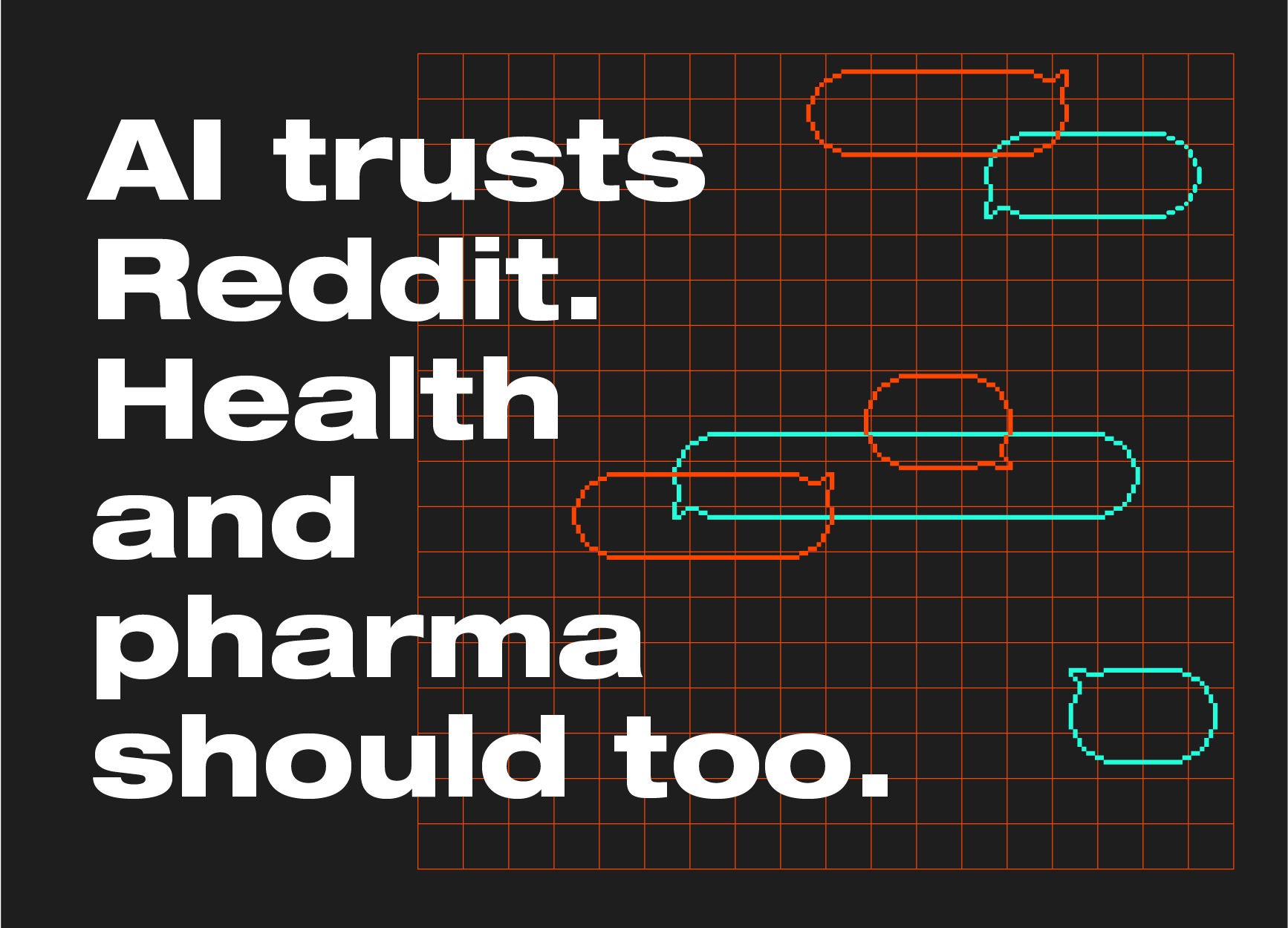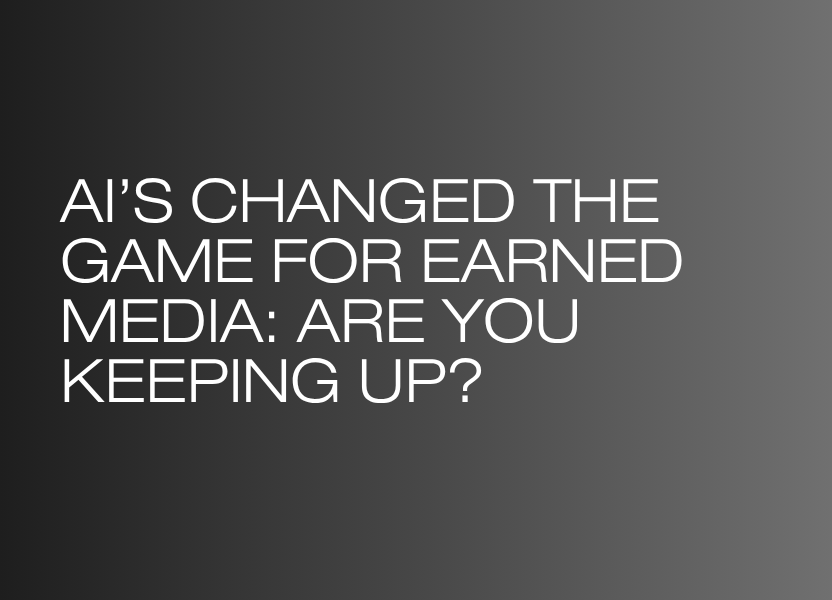Our ability to combat the spread of fake news in the pharmaceutical industry will shape our future
We have an issue with disinformation. It looms so large that it has almost become a buzzword. It’s a problem that I think about almost daily in my work at Langland.
At the PRWeek UK PharmaComms event, the discussion during the panel on “Disinformation and misinformation – how can pharma communicators fight it”, left me thinking about three questions.
1. The pharmaceutical industry worked hard during the pandemic to help to inform the public on vaccines and Covid-19. But how can we as communicators make sure we build on the positives achieved during this time and ensure the trust built in the pharmaceutical industry isn’t lost?
There was a clear goal and urgency during the pandemic. But there are key learnings and ways of working that the industry can take forward, including the need for consistent transparency across all outputs.
2. What is the role of pharma, pharma communicators and agency partners in helping to build media literacy skills more broadly?
This is more of a personal interest of mine, but so much information today is taken out of context and often just snippets are repeated. I think that we all have a responsibility to critically analyse what we read, and look at how we can counter it in the future, whether that’s through reminders on good practices, continuing to work more closely with fact-checkers or through improvements to school curriculums.
3. How can we help our clients take part in the right conversations and be bold, especially online?
We know that robust policies are essential, but so is reviewing social listening and insights to understand the ongoing conversations, then triaging to see where it makes sense for a pharmaceutical company to join in with educational information, or to collaborate with educational organisations or patient groups.
Collectively, what more could we be doing?
Disinformation is not a new challenge. In the US, the FDA Commissioner, Robert Califf, recently highlighted misinformation as one of the biggest issues facing the agency – comparing it to a hydra, a ‘beast that grows multiple new heads when one is cut off’.
Similarly, in the UK, addressing misinformation and inaccuracies is acknowledged as being a ‘difficult area’ by the Prescriptions Medicines Code of Practice Authority in its social media guidance – which further cements how vital it is to monitor and contribute to the solution.
So, as health communicators and partners to the pharmaceutical industry, what can we do?
Embedding best practices into our day-to-day should become non-negotiable to foster trust in the pharmaceutical industry. We are in a privileged position, with a unique opportunity to alter the status quo and hinder the spread of misinformation. By continuing to actively seek solutions and pre-empt complacency from taking hold, we may be on the right track, but there is no time to lose.




